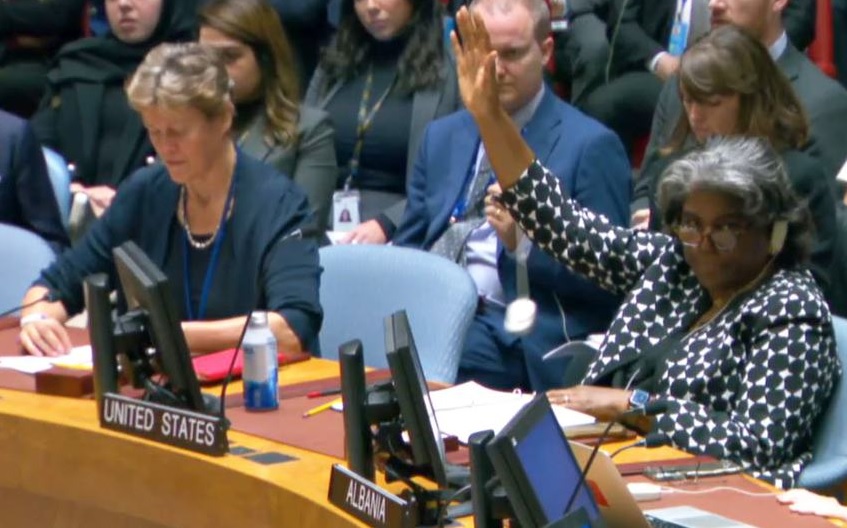
BRICS Decries Gaza Violence
The ministers also called for the effective implementation of the UNSC resolution for an “immediate, durable, and sustained ceasefire…reports Asian Lite News The BRICS Foreign Ministers expressed “grave concern” regarding the escalating


